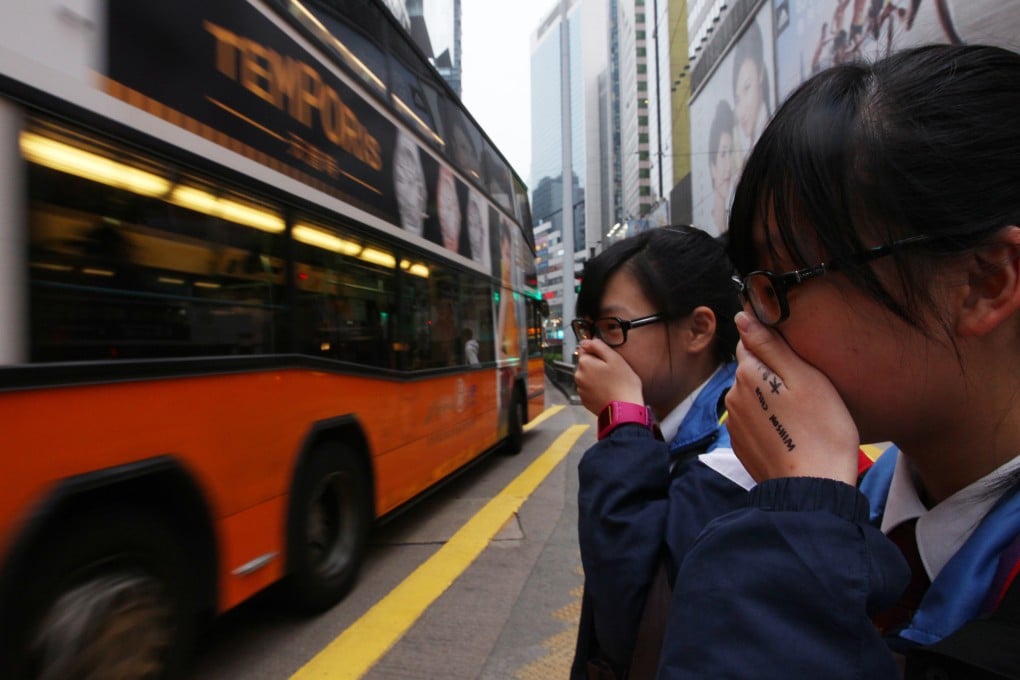Hong Kong must redouble efforts to rein in air pollution
International assessments of Hong Kong as a good place to live and work always deduct points for air pollution. Clean air is associated with healthy living and the more choking the smog, the worse our city fares.

International assessments of Hong Kong as a good place to live and work always deduct points for air pollution. Clean air is associated with healthy living and the more choking the smog, the worse our city fares. It is good reason, given the need to attract talented people and tourists, for the government to be taking the matter as seriously as possible. Latest data shows that measures are having a welcome impact, but average concentrations of pollutants still remain too high, especially for ozone. The latest Environmental Protection Department figures showed marked drops in the pollutants nitrogen dioxide, sulphur dioxide and breathable particulates. The three roadside measuring stations, in Central, Causeway Bay and Mong Kok, recorded double-digit percentage falls over 2013. Policies that are gradually phasing out 82,000 diesel trucks and buses that predate European emission standards known as Euro IV were largely behind the street-level declines. But that standard is already a decade old and a much more stringent requirement, Euro VI, was introduced in Europe last year; Hong Kong needs to keep pace with the changes.
Despite the progress, though, levels on too many days each year exceed the World Health Organisation's safe levels. The northwest New Territories remains the worst-affected area due in large part to pollution from shipping and cross-border power plants and factories. Tung Chung, Yuen Long and Tuen Mun recorded more than 450 hours of pollution classified as high, very high or serious on the government's Air Quality Health Index. Worryingly, levels of ozone, which can cause respiratory problems, rose 7 per cent last year on 2013, increasing a trend since 1999 during which they have leapt 35 per cent.
Greater efforts are needed, especially in working with Guangdong environmental authorities to curb emissions. Voluntary schemes by shipping companies to use low-sulphur fuel when in port need to be widened. Bus and delivery firms have to more quickly upgrade their fleets. Regional air quality targets have to be kept on track, for the sake of health and image.
